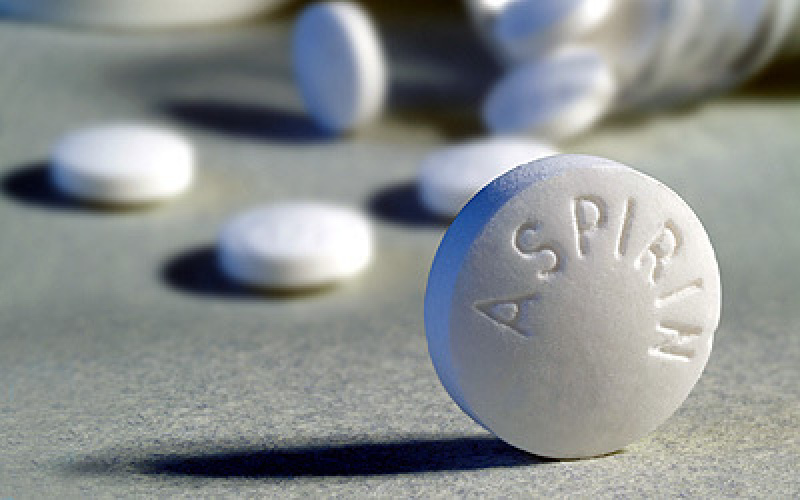
Medical researchers are worried about the increasing number of people who turn to aspirin to prevent suffering from strokes and heart attacks, the Los Angeles Times reported.
Although aspirin is commonly used to fight cardiovascular diseases, medical experts warned that some people are taking it inappropriately.
According to researchers from the Baylor College of Medicine, aspirin can prevent cardiovascular diseases by stopping blood clots from developing. However, effectively stopping blood from clotting can also be dangerous because it could lead to excessive bleeding. In some cases, it can even cause a type of stroke known as hemorrhagic stroke.
Based on the data collected by researchers from the National Cardiovascular Disease Registry's Practice Innovation and Clinical Excellence, there are over 68,000 people in the United States that are being treated for cardiovascular diseases.
About 11.6 percent of them, or almost 8,000, are people who have a low risk of developing strokes or heart attacks within 10 years but still continue to take aspirin.
These are the people who are at risk of developing complications due to excessive bleeding because their blood won't clot.
The researchers strongly advise that those who are likely to develop cardiovascular diseases according to the diagnosis of their doctors should be the only ones taking aspirin, according to the Press Herald.
In addition, since aspirin can be acquired without a prescription, anyone can buy it for their own use. Researchers suggest that medical experts should inform their patients whether they need to take aspirins or not.
"More than 1 in 10 patients in this national registry were receiving inappropriate aspirin therapy for primary prevention, with significant practice-level variations," the researchers wrote in the study.
"Our findings suggest that there are important opportunities to improve evidence-based aspirin use for the primary prevention of [cardiovascular disease]," they added.
The findings of the researchers were detailed in a report published by the Journal of the American College of Cardiology.


















